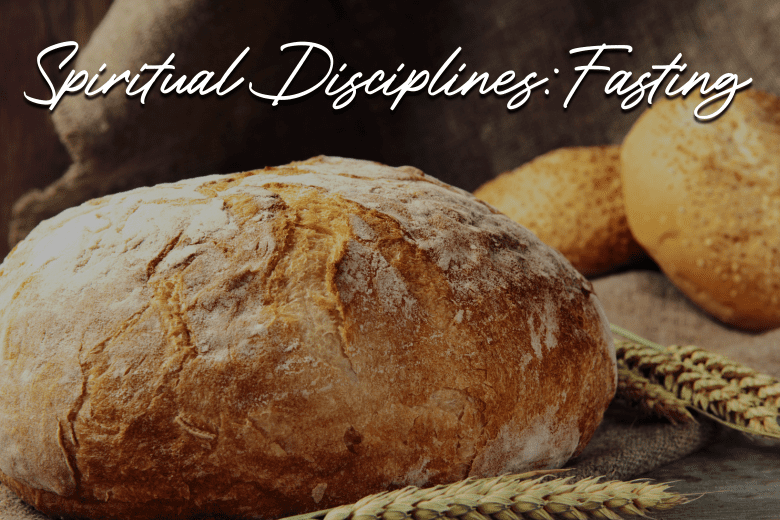In last month’s blog, we began exploring spiritual disciplines. Donald Whitney (2014) in his book, Spiritual Disciplines for the Christian Life, Colorado Springs, CO: NavPress Publishing Group, 2014, identified spiritual disciplines as scriptural practices that lead to spiritual growth and godliness (Whitney, 6).
Growing in our faith through reading and meditating on the Word of God was the first discipline we covered. The next two spiritual disciplines are prayer and fasting. Normally I would cover prayer first, but because we are approaching the season of Lent, I will cover fasting first. In the Sermon on the Mount, Jesus said, “when you fast’ (Matt. 6:16). Fasting was seen as something that was expected. Fasting is done as part of spiritual renewal. Spiritual renewal may include repentance and restoration. Fasting may also be a part of a longing or desire to be more intentional about our walk with God. We are called to deny ourselves (Matt 16:24) and follow Jesus. Fasting is a way to deny ourselves of natural food and fill our souls with spiritual food.
Fasting primarily is focused on “turning down the plate,” in other words, abstaining from food. One type of fast is referred to as the “Daniel Fast.” This type of fast usually involves limiting the diet to vegetables and water as was practiced by Daniel and his friends. Another type of fast is abstaining from food for a short duration, but continuing to drink water or fluids (Whitney, 193). When the natural desire for food occurs, that’s a reminder that our soul is hungry for more of Christ to be formed in us and doing the work of the Kingdom of God.
If you plan on fasting, make sure that you check with your healthcare professional if you have a medical condition or are taking medications. Your physical health and your spiritual health are both important. Let’s make fasting a part of our spiritual discipline.




